Background

Misinformation is a critical challenge for the information age
The COVID-19 pandemic is not just a health problem – it is also fueling an infodemic on an unprecedented scale. Since the beginning of the COVID-19 outbreak, the digital media ecosystem has been flooded with “alternative explanations” and conspiracy theories.
Purveyors of conspiracy theories emerge in uncertain times when they have audiences eager for some kind of explanation for unexplained phenomena, such as the COVID-19 pandemic.
As a result, the public’s attention can shift from medical/government advice towards alternative explanations which are dangerous and can have negative effects on societies, impacting the ways in which people process and act upon information.
In the context of COVID-19, mis- and disinformation poses a severe risk to the acceptance and uptake of COVID-19 vaccines as it can seed doubts about the importance, safety, or effectiveness of vaccines and undermine public trust in vaccines, science and in official institutions.
Knowledge gaps to managing the risks of misinformation
Globally, there is an urgent need to better understand the nature of misinformation so that its potential to harm can be better addressed. Critical areas include:
- How misinformation spreads in the context of an infodemic;
- Citizen susceptibility to misinformation;
- How susceptibility to misinformation affects vaccine hesitancy/confidence (as well as willingness to comply with other global health security recommendations such as climate change control measures); and,
- Which communication interventions can be most impactful in countering the effects of misinformation on citizens.
The IRIS Academic Research Group
Addressing misinformation through cross-disciplinary collaboration
IRIS Academic is a research group – named after a Greek goddess (“Iris”) of communications and messages – dedicated to understanding infodemics and promoting healthy information ecosystems.
It is a collaborative project founded by some of the world’s leading researchers and institutions who are driving cutting-edge research and multidisciplinary methodologies across four topic pillars:

Susceptibility to Misinformation

Interventions to Counter Misinformation

Vaccine Hesitancy

Managing Infodemics
Creating innovative methodologies to improve media literacy and build critical capacities to foster and protect healthier user engagement with the information ecosystem
Within each of these pillars, the researchers are working to identify and define measures, drivers and solutions that help to understand relationships between susceptibility to misinformation, the spread of misinformation, vaccine hesitance and effective interventions to protect people from misinformation.
IRIS Academic’s research approach is staged to align with three key action points – Learn, Engage and Act – to reflect the different methodologies in development and desired outcomes.
IRIS Academic Methodologies
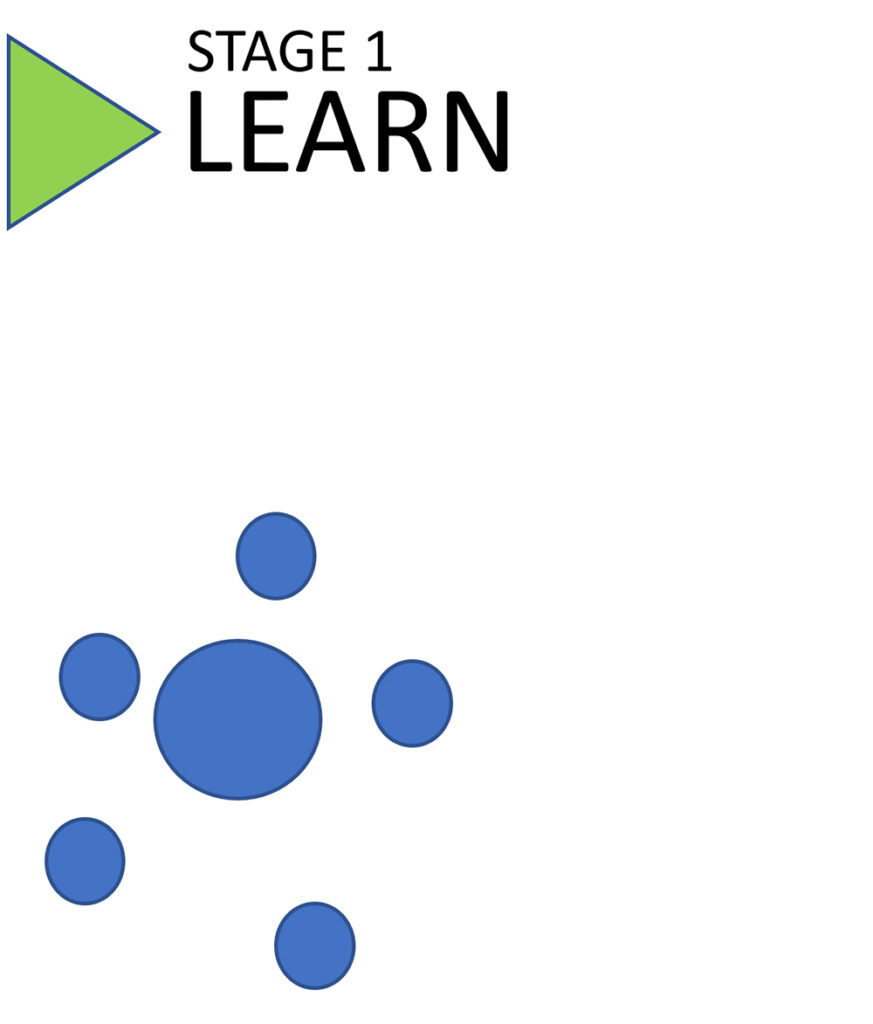
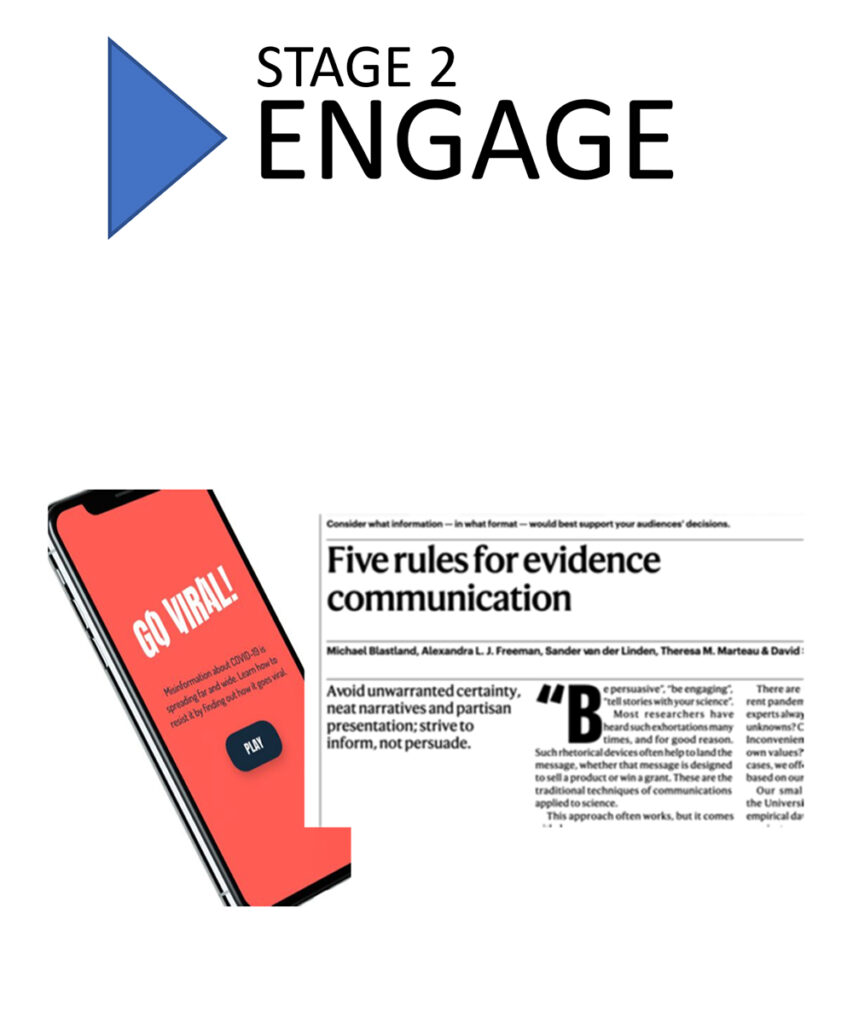
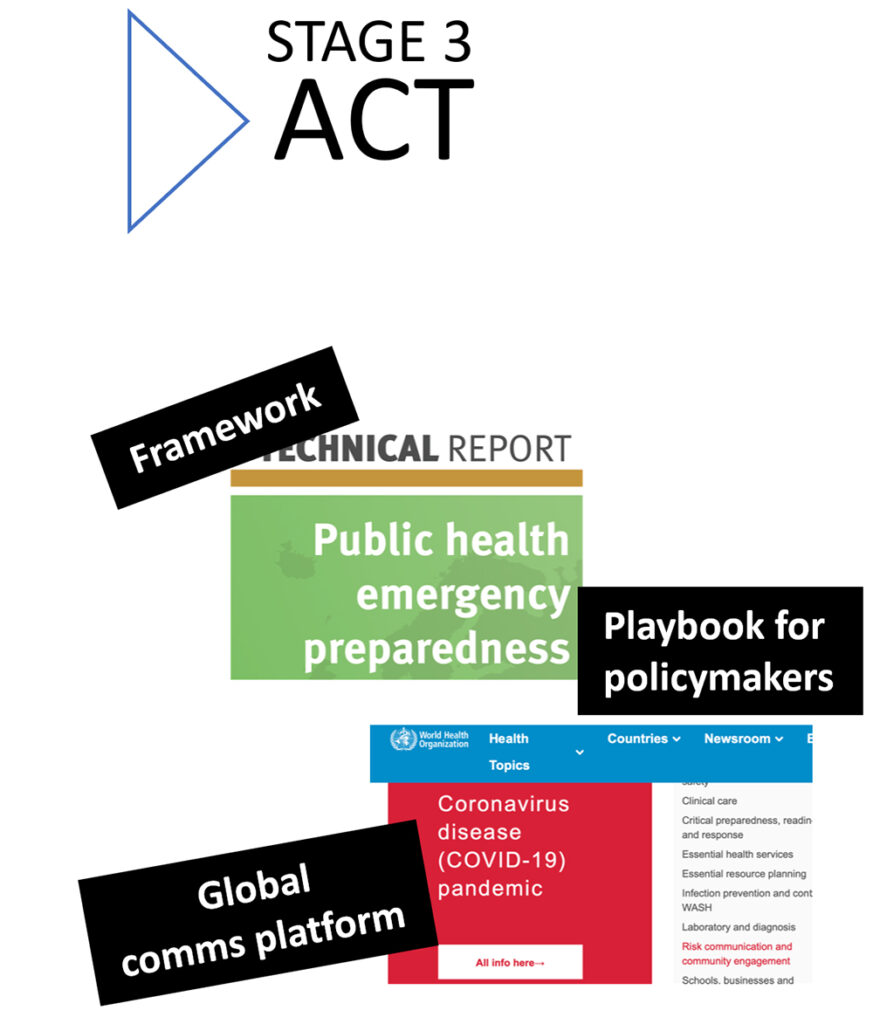
Apply advanced network and data science methods to characterize the content and nature of infodemics (focus on COVID-19 and vaccine hesitancy).
Use psychological theory and frameworks to develop and test scalable digital interventions to reduce susceptibility to vaccine misinformation.
Frame and build evidence-based, strategic communications capacities globally to advance epidemic and infodemic preparedness.
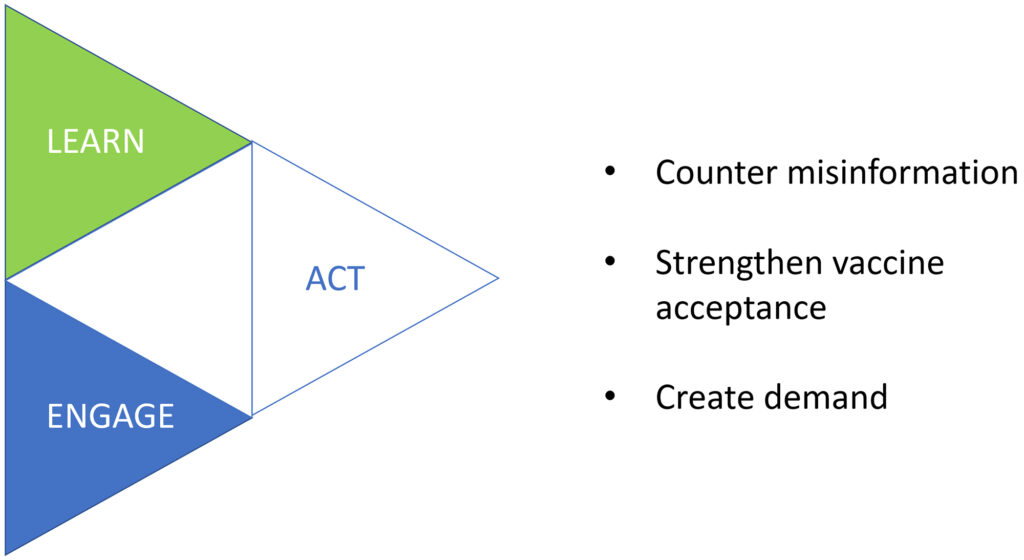
Participating institutions
London School of Hygiene & Tropical Medicine
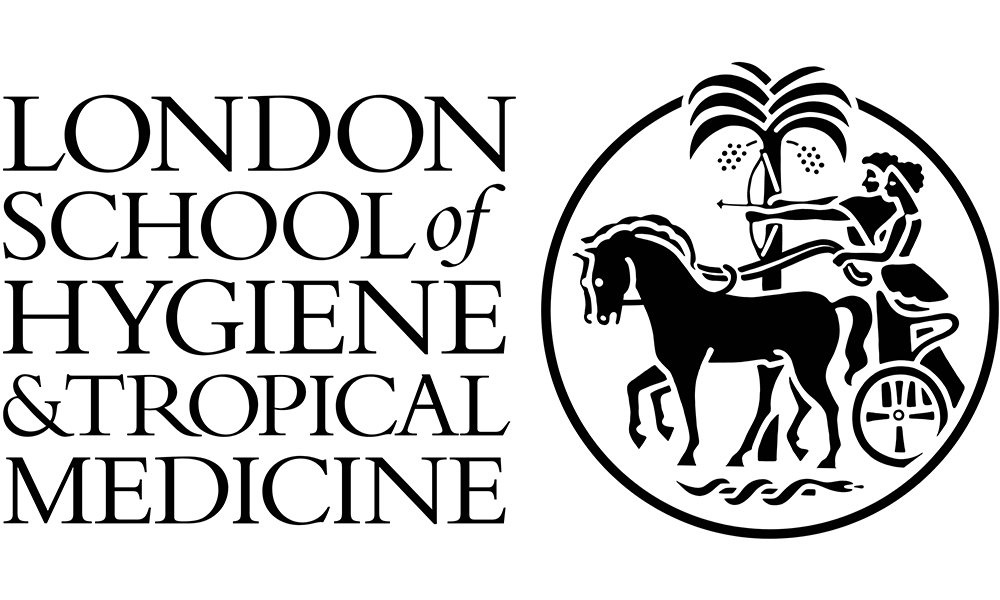
The Vaccine Confidence Project, LSHTM The Vaccine Confidence ProjectTM based at the London School of Hygiene & Tropical Medicine (LSHTM) was founded in 2010 to establish a systematic approach to monitoring public confidence in health technologies, particularly vaccines, through population-based surveys using our Vaccine Confidence Index(TM), ongoing media surveillance, and both in-depth analyses of local vaccine confidence issues and mapping the global spread of vaccine sentiment and its impacts. One area of particular expertise where we are uniquely placed is in the early detection, diagnosis and management of rumours and misinformation and mapping of real-time public sentiment and experiences around COVID-19 prevention and control measures.
For this research collaboration, our initiative on ‘Risk management and critical decision making’ is of particular relevance. Our goal is to collect structured and unstructured data around vaccine hesitancy from various sources to process into a consolidated view of the data and use it to better inform strategic decisions/recommendations. As part of this dashboard, five different digital methodologies (social listening, crowdsourcing, media monitoring, global alerts and digital campaigning) will be designed and activated to collect and stream together social and survey data. These data will be used to build multi-dimensional predictive models which, once fully operational, will be able to deliver an early warning system for vaccine hesitancy and potential disruptions to uptake. We will not only be harvesting information, but also anticipating the information spread and identifying the seeds of misinformation within communities. This will be the key element of our global support system for critical decision making in the space of vaccine hesitancy.
University of Cambridge
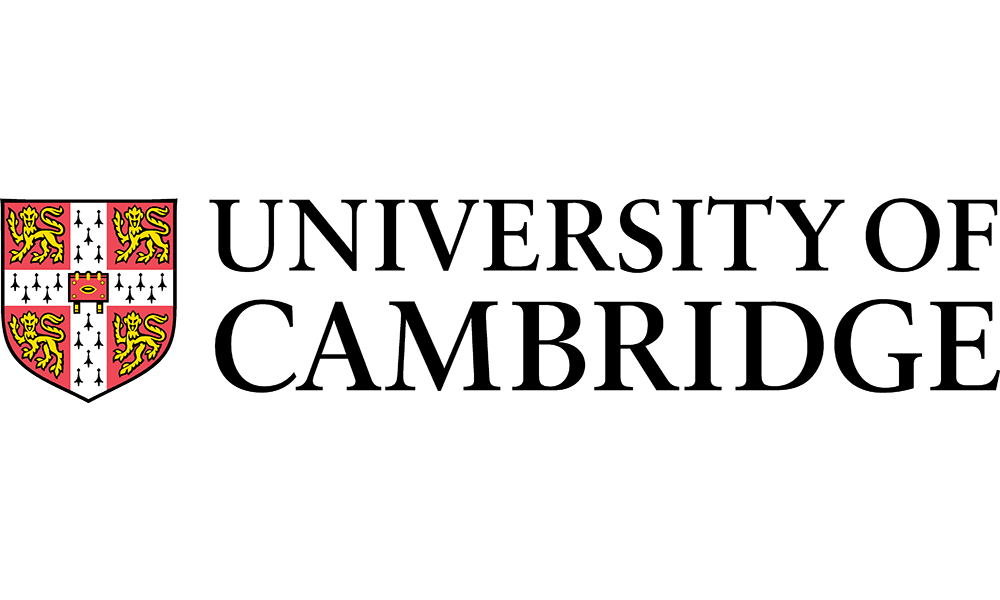
The University of Cambridge is one of the world’s leading research institutions. Founded in 1208, the University is consistently ranked among the world’s top universities worldwide. Researchers at the University who work on this project are part of the Cambridge Social Decision-Making Lab (CSDMlab) at Cambridge’s Department of Psychology. The CSDMlab is a leading research authority on the psychology of misinformation, and works closely with governments, social media companies, and public health authorities to help counter the spread of misinformation in society.
Sapienza University of Rome
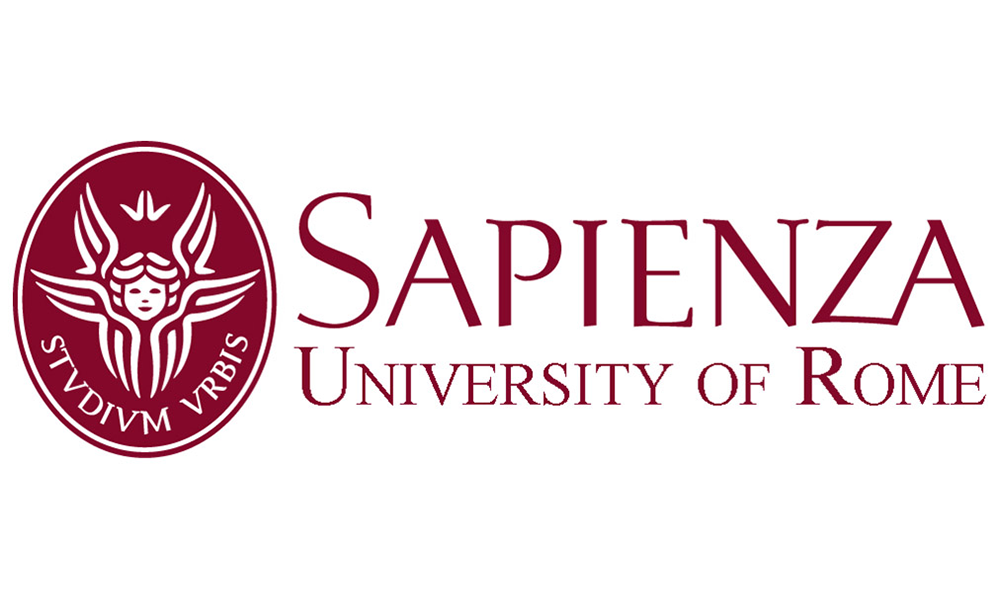
The Department of Computer Science at Sapienza has been selected by the Italian Ministry of Universities and Research (MIUR) as a Department of Excellence from 2018-2022 and in the area of Mathematics and Computer Science, is the leading academic department of Sapienza University and in the top 1% of departments nationally across all university disciplines. Our goal is the data-driven modeling, assessment, and validation of social and politically relevant issues, such as misinformation, the economic impact of policies, information fluxes, pandemic trends, new frontiers in medical sciences, and the healthcare system through big data analysis. Specifically, concerning information and misinformation in the media environment, we research innovative tools to tackle issues originated by fake news, debunking, echo-chambers, and polarization, employing quantitative methodologies and developing specific and dedicated algorithms. We are also committed to the dissemination of scientific results to non-specific audiences.
Ca’ Foscari University of Venice
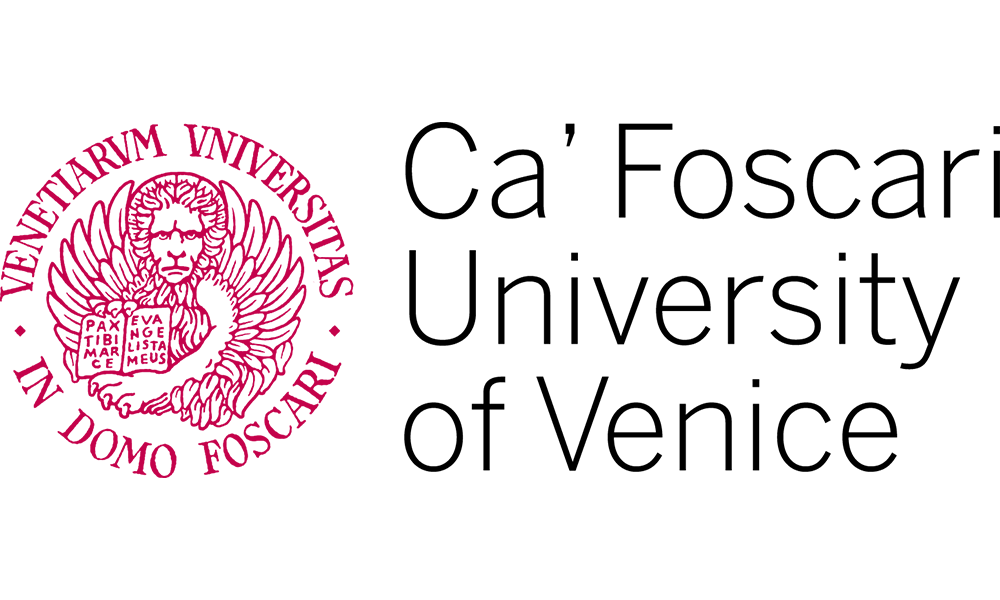
Established in 1868 as the first Business School in Italy, Ca’ Foscari University of Venice is now one of Italy’s best universities in the country. Ca’ Foscari has a national and international outstanding reputation for academic excellence in both teaching and research and has signed hundreds of international cooperation agreements with universities from all over the world, in order to promote mobility, research and training. The Department of Environmental Sciences, Informatics and Statistics of Ca’ Foscari University of Venice merges three disciplines that constitute key drivers of modern research and socio-economic development. The Laboratory of Data Science for Society led by Dr. Fabiana Zollo deals with the development of data-driven computational models and innovative tools to understand, anticipate and frame massive social phenomena through a quantitative and interdisciplinary approach. The research work is mainly focused on (mis)information spreading on social media and its effect on group and individuals’ opinions and behavioural patterns.
City University, London,
The Alan Turing Institute
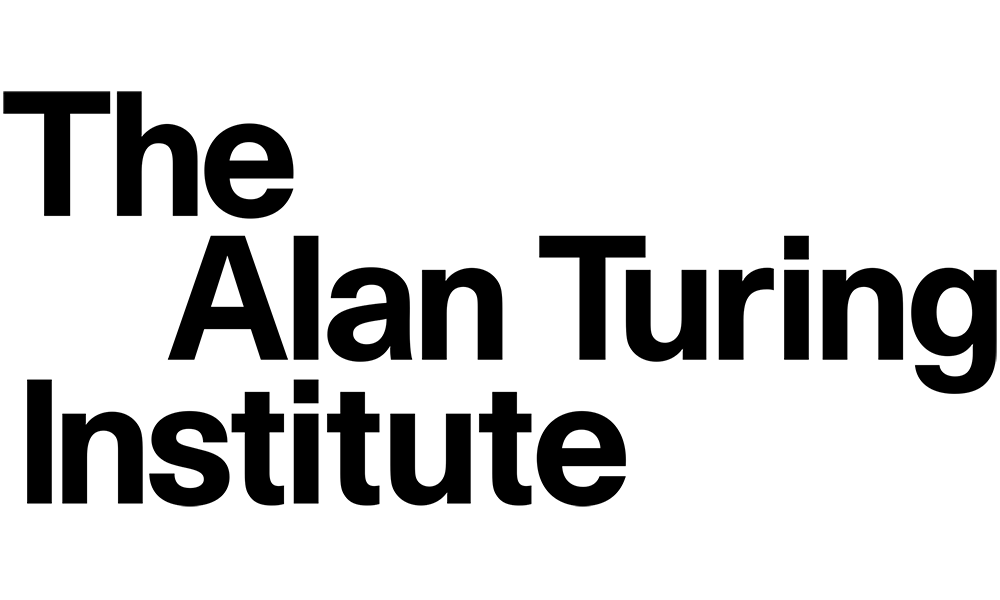
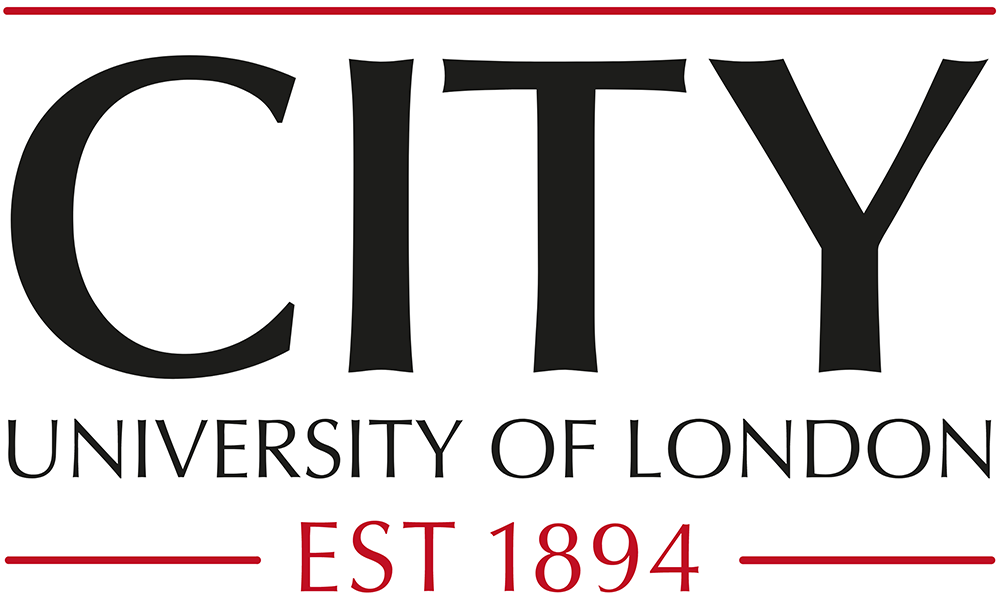
City, University of London is a global university committed to academic excellence. As a member of the University of London federation, City attracts around 20,000 students (46% at postgraduate level) from more than 160 countries and staff from over 75 countries. The university is developing and strengthening through its focus on the quality of research and enterprise and the physical environment, areas to which its Strategic Plan assigns investments of up to £200M. Dr. Andrea Baronchelli is a Reader at the Department of Mathematics of City University London, Economic Data Science theme lead at The Alan Turing Institute, and Research Associate at the UCL Centre for Blockchain Technologies (CBT). His research interests include spreading phenomena on networks, the dynamics o f social norms, collective behaviour change and cryptocurrency ecosystems. Currently, Andrea is the PI of the “COVID-19: Monitoring the effects of the pandemic on illicit online trade” project funded by the ESRC, which analyzes dark web trading of COVID-19-related goods and services, including (fake, potentially) vacines. His work has appeared in a wide range of journals including Science, PNAS and Nature Human Behaviour, and has been recognized by the 2019 “Young Scientist Award for Socio and Econophysics” of the German Physical Society.
Harvard T.H. Chan School of Public Health
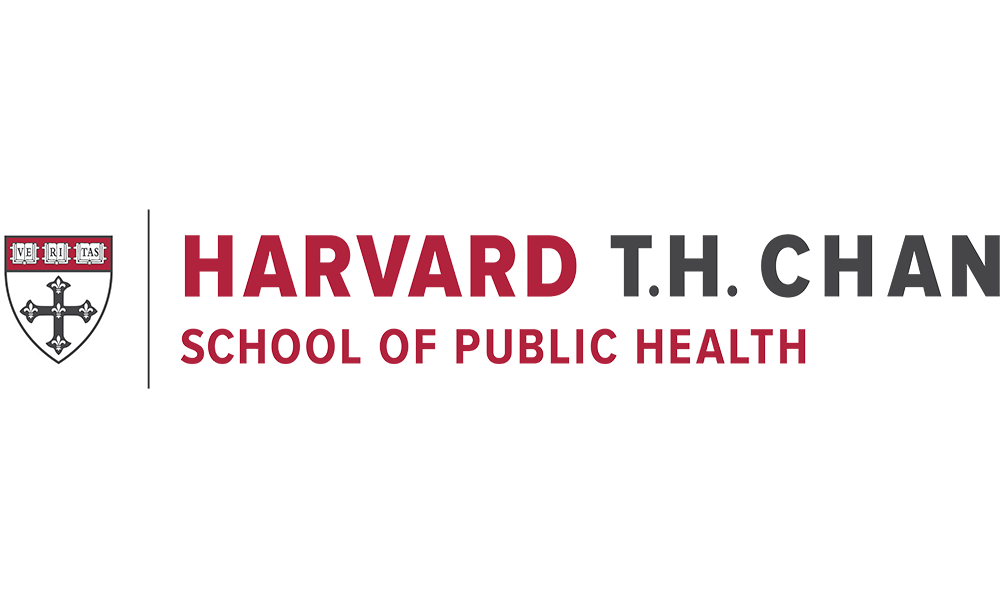
The Emergency Preparedness Research Evaluation & Practice Program
The Emergency Preparedness Research, Evaluation & Practice (EPREP) Program based at the Harvard T.H. Chan School of Public Health brings together experts in the areas of public health emergency preparedness (PHEP), health policy, epidemiology, and statistics as well as faculty with specific expertise in measurement in PHEP. It builds upon fifteen years of research and training experience in preparedness including development of case-studies, creation of frameworks for planning and measurement efforts and unique expertise in public health systems research preparedness measurement. The EPREP provides public, private, and non-governmental organizations with the expertise to prepare for and respond to emergencies of all types; convening public health, healthcare, first-responders, and other organizations to offer practice-based education, exercise and evaluation activities centered on public health emergency preparedness and community safety.
